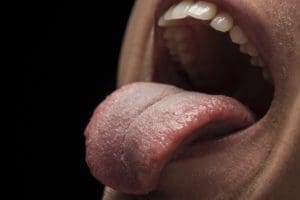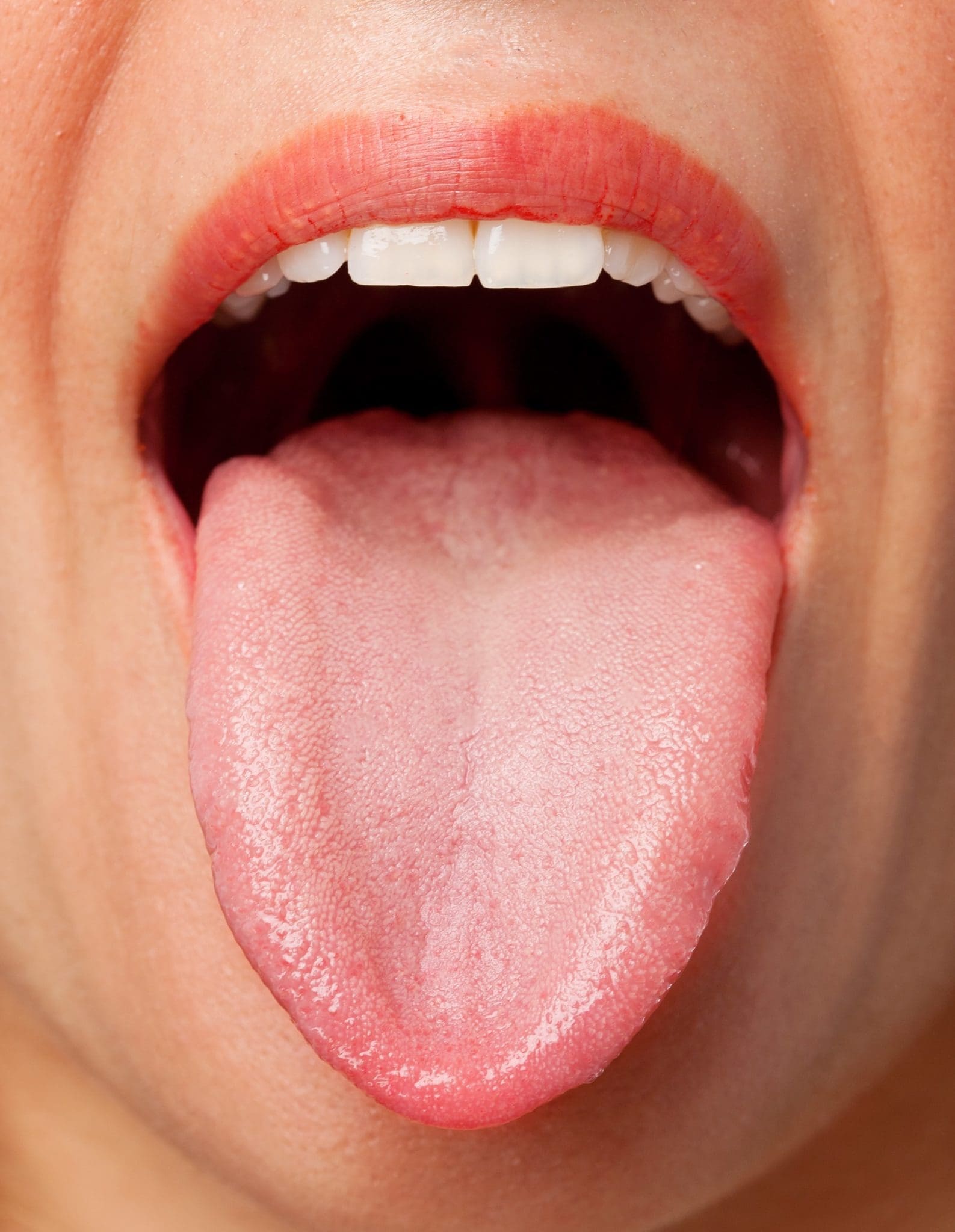
While it may seem surprising, your tongue can actually reveal a lot about your health. Beyond its role in tasting and swallowing food, the tongue holds valuable clues that can indicate underlying health conditions or imbalances in the body.
Traditional medical systems like Traditional Chinese Medicine (TCM) have long recognized the importance of tongue examination as a diagnostic tool. In recent years, modern medicine has also started acknowledging the significance of tongue analysis in assessing overall health.
By paying attention to the appearance, texture, and other characteristics of your tongue, you can gain valuable insights into your well-being. In this blog, we will explore what your tongue can tell you about your health and how you can use this knowledge to take better care of yourself.
The Tongue as a Diagnostic Tool: Insights into Your Overall Health
The tongue can indeed provide valuable insights into a person’s overall health. In traditional medicine systems such as Chinese medicine and Ayurveda, the tongue is considered an important diagnostic tool.
Changes in the appearance, color, texture, and coating of the tongue can indicate underlying health conditions and imbalances in the body.
Here are some common observations related to the tongue and their potential implications:
Color
- A healthy tongue is typically pink in color. Pale or white may indicate anemia or poor circulation.
- A red tongue could indicate heat or inflammation in the body.
- A purple or bluish tongue may suggest poor circulation or a cardiovascular issue.
Coating
- A thin white coating is usually considered normal. A thick white or yellow coating may indicate a microbial imbalance or infection.
- A brown or black coating could suggest poor oral hygiene, smoking, or digestive issues.
Texture
- A smooth tongue without any cracks or bumps is generally considered healthy. A rough or scalloped tongue may indicate dehydration or a deficiency in certain nutrients.
- If the tongue appears swollen or has indentations around the edges, it might indicate fluid retention or an underlying health condition.
Changes on specific areas
- Redness or soreness at the tip of the tongue could indicate heart or lung problems.
- Changes in the sides of the tongue may suggest liver or gallbladder issues.
- Changes at the back of the tongue may indicate respiratory or gastrointestinal problems.
It’s important to note that tongue diagnosis is not a standalone diagnostic tool. It should be used in conjunction with other assessments and medical examinations for a comprehensive evaluation of one’s health. If you notice persistent or concerning changes in your tongue, it is advisable to consult with a healthcare professional for proper evaluation and diagnosis.
Tongue Health and Nutrition: How Your Diet Impacts Your Tongue’s Appearance
Diet plays a significant role in maintaining overall health, including the health of your tongue. The foods you consume can influence the appearance and condition of your tongue. Here’s how your diet can impact your tongue’s appearance:
- Hydration: A well-hydrated body is essential for a healthy tongue. Dehydration can lead to a dry tongue, which may appear pale, cracked, or have a coated appearance. Ensure you consume an adequate amount of water and stay hydrated throughout the day.
- Nutritional deficiencies: A balanced diet rich in essential nutrients is crucial for maintaining a healthy tongue. Deficiencies in certain vitamins and minerals can result in specific tongue abnormalities. For instance:
- Iron deficiency may cause a pale tongue.
- Vitamin B12 deficiency can lead to a smooth tongue or a red, sore tongue.
- Folic acid deficiency may contribute to a smooth, pale tongue.
Including a variety of nutrient-dense foods in your diet, such as fruits, vegetables, whole grains, lean proteins, and sources of healthy fats, can help prevent nutritional deficiencies and support tongue health.
- Acidic and spicy foods: Consumption of highly acidic foods (like citrus fruits, tomatoes, or vinegar) or extremely spicy foods can irritate the tongue and cause temporary changes, such as redness, swelling, or sensitivity. It is important to moderate the intake of these foods if you notice any adverse effects on your tongue.
- Oral hygiene: Your diet indirectly affects tongue health through oral hygiene practices. Poor oral hygiene can contribute to bacterial overgrowth, plaque formation, and tongue coating. Regular brushing of your teeth and tongue, along with proper flossing, can help keep your tongue clean and healthy.
- Food allergies and sensitivities: Certain individuals may experience allergic reactions or sensitivities to specific foods. These reactions can sometimes manifest as changes in the tongue, such as swelling, redness, or the development of hives or sores. If you suspect food allergies or sensitivities, it’s important to consult with a healthcare professional for proper evaluation and guidance.
Maintaining a well-balanced diet, staying hydrated, practicing good oral hygiene, and being aware of any potential food allergies or sensitivities are all important factors in promoting a healthy tongue. If you have specific concerns about your tongue’s appearance or any persistent changes, it is advisable to seek medical advice for an accurate diagnosis and appropriate treatment.
How Can a Dentist Help You Understand Your Tongue Health?
A dentist can play a crucial role in helping you understand and assess your tongue health. During a routine dental check-up, a dentist will visually examine your tongue as part of the overall oral examination. T
They will carefully assess the color, texture, coating, and any visible abnormalities or changes in the tongue. This examination allows them to identify potential issues or signs of oral health problems. Dentists are also trained to detect early signs of oral cancer, which can manifest on the tongue.
They will thoroughly examine the tongue and surrounding oral tissues for any suspicious lesions, sores, or discoloration that may indicate oral cancer. Early detection of oral cancer significantly improves the chances of successful treatment.
In addition to examinations, dentists provide patient education regarding proper tongue health. They can offer valuable information on maintaining good oral hygiene practices, including proper tongue cleaning techniques, and recommend suitable oral care products. Dentists can also provide guidance on dietary choices that promote tongue and overall oral health.
Regular dental visits are essential for maintaining oral health, including the assessment of tongue health. If you have concerns about your tongue or notice any persistent changes, it is advisable to schedule an appointment with a dentist for a thorough examination and appropriate guidance. Dentists’ expertise and knowledge regarding tongue health can contribute to your overall understanding of oral health and ensure that any potential issues are addressed promptly and effectively.
Got further questions? Visit Family Dental Care now!

